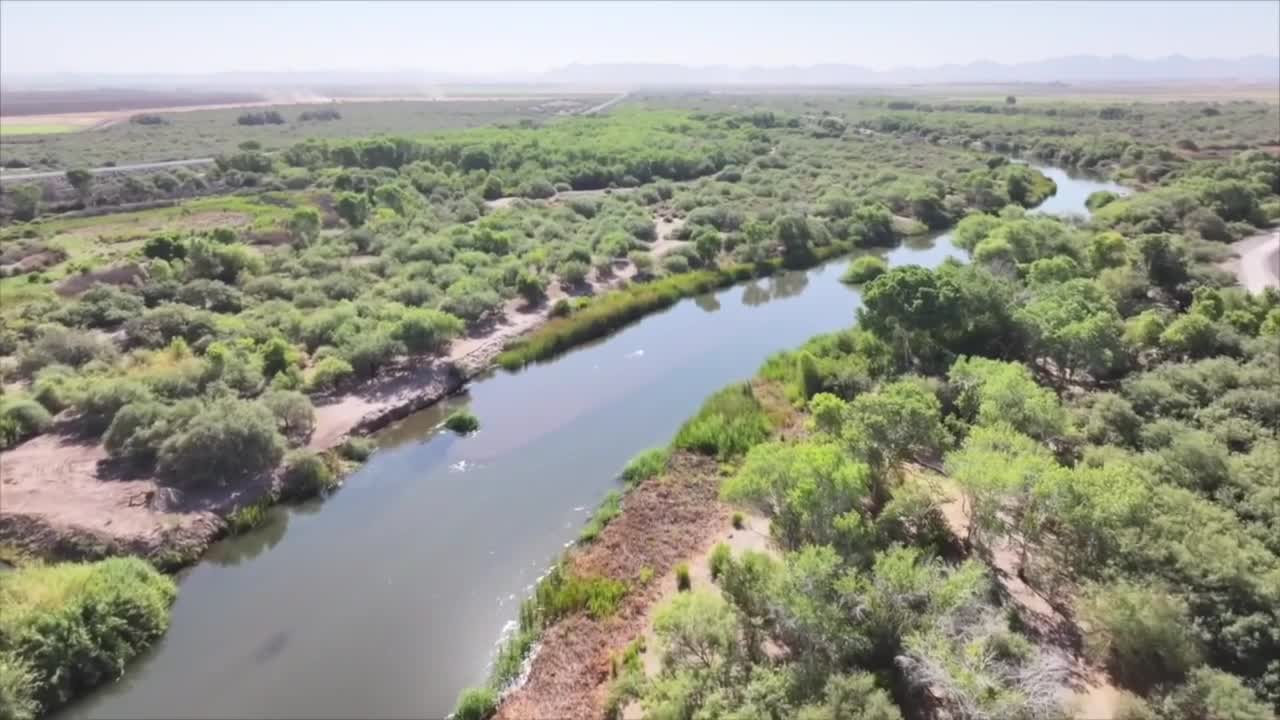PHOENIX — Arizona mayors are confronting one the state's most pressing challenges, securing its water supply amid record drought conditions and increasing demand.
As negotiations continue over how the Colorado River will be shared among western states, Arizona leaders are working to prevent major cuts to the state's water allocation.
The severity of the situation has prompted 22 mayors to form a new group called the “Coalition for Protecting Arizona’s Lifeline” focused on keeping Arizona's share of Colorado River water.
"We have to work together to protect Arizona's water," said Mesa Mayor Mark Freeman. “We cannot afford additional reductions of the Colorado River; the consequences of this would be very grave.”

Do you have a concern in your community or a news tip? We want to hear from you!
Connect with us: share@abc15.com
The Central Arizona Project, or CAP, holds junior water rights on the Colorado River, meaning the state has been the first to face cuts during the ongoing drought. Now, Arizona is facing the possibility of even deeper reductions.
"This must be a basin-wide commitment rooted in collaboration and mutual respect," said Surprise Mayor Kevin Sartor. “In Surprise and across Arizona, our communities are water smart.”
The current agreement governing how Colorado River water is shared among western states expires next year, and negotiations for a new deal are ongoing.
"We're here today because we're concerned with how it's going," said Phoenix Mayor Kate Gallego. “Our residents want to be part of the solution.”
The Central Arizona Project diverts nearly 500 billion gallons of water annually from the Colorado River to Phoenix and Tucson. However, that number could be significantly reduced in the future as drought conditions persist.
Central Arizona Project General Manager Brenda Burman hopes the new coalition will encourage conservation efforts across all water users.
“It’s time for others to step up. We’ve seen our partners in California, Nevada do that, Mexico is cutting its water this year,” Burman said. “We say to the other water users on the river, everyone must be part of this solution, everyone.”






